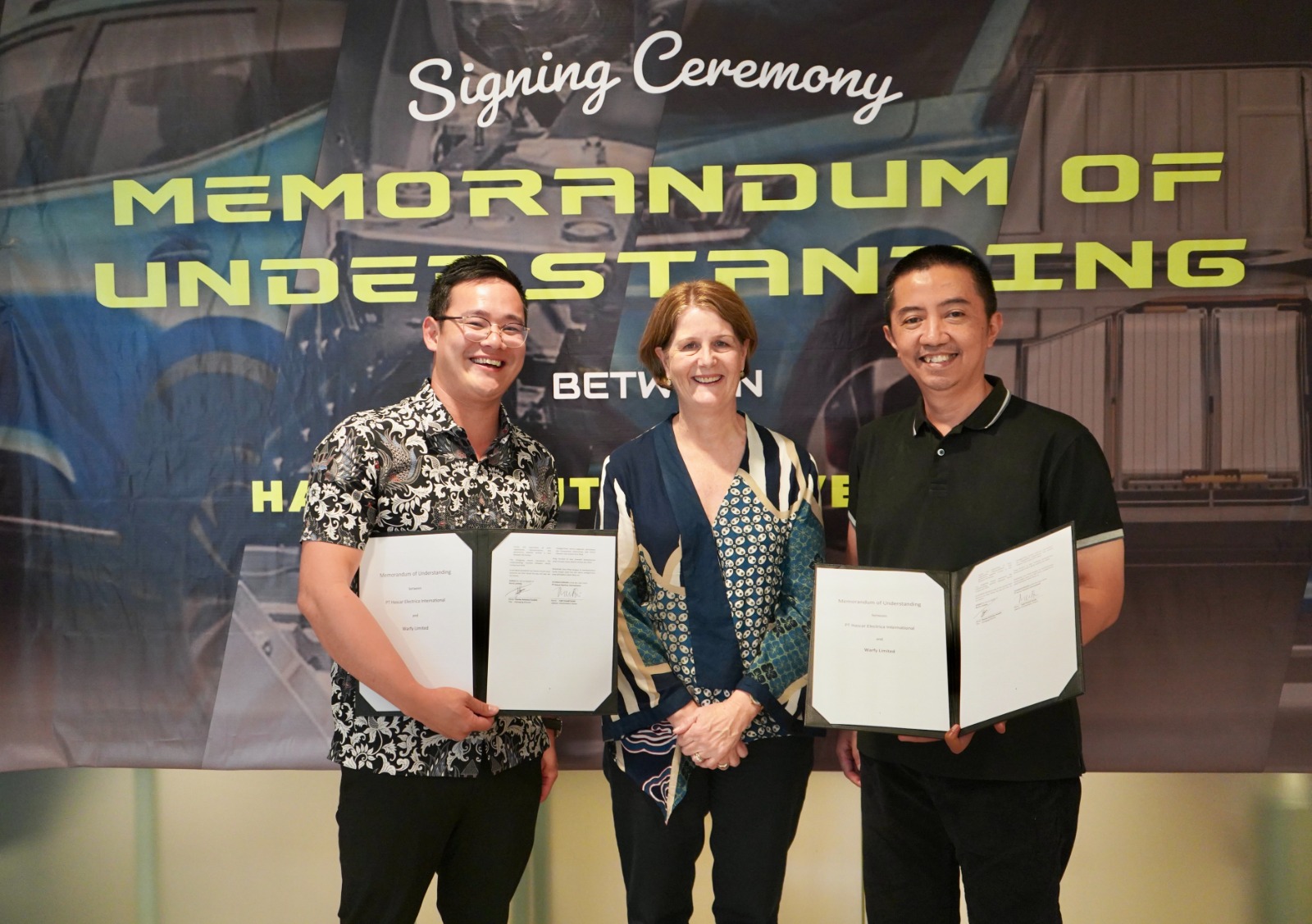Warfy, as a pioneer in lithium-ion battery recycling companies, has signed a Memorandum of Understanding (MOU) with Hascar Automotive Group, one of the distributors and manufacturers of electric vehicles operating regionally in ASEAN and the Middle East, including Indonesia. This initiative is a step forward in efforts to promote sustainability and minimize environmental impact through recycling potentially high-value used batteries.
Recovering Valuable Elements, Warfy Revitalizes Used Lithium-Ion Batteries for Electric Cars
Batteries that have expired and no longer function should be replaced and installed with new batteries to produce better electric vehicle performance. For this reason, the recycling of used batteries in electric vehicles will be taken seriously by both parties. The goal is to recover the valuable elements present in spent lithium-ion batteries.
Lithium-ion is the type of battery most widely used by electric vehicles. Used lithium-ion batteries from electric vehicles are a valuable resource, especially after their useful life in an electric vehicle has expired. These batteries usually still have a fairly high energy storage capacity if used in other applications, even though they no longer meet mobility needs.
Together with Hascar Automotive Group, Warfy wants to start making changes for a better and positive environmental impact. "We know that the use of lithium-ion batteries in the renewable energy and energy storage industry is one solution to facing the challenges of climate change and energy uncertainty," said Tommy Sucipto as Managing Director of Warfy.
Warfy has carried out extensive research on domestic and international markets for more than a 2-year period. We prove the lack of proven commercial technologies specifically designed for lithium-ion battery recycling and complete extraction of valuable elements.
On the other hand, Hascar Automotive Group, as a distributor and manufacturer of electric vehicles, the level of community mobilization cannot be denied has also increased. So the need for electric cars and their components will also contribute to this mobility ecosystem. If a battery is no longer suitable for use, it will be replaced with a new battery.
“This collaboration with Warfy will be a positive mutual relationship. As a distributor and manufacturer of electric vehicles, we will greatly benefit from this collaboration. "We will continue to improve battery recovery technology and optimize the use of used batteries in energy storage applications," said Yedi Sondy, Director and CEO of PT Hascar Electrica International.
This refers to the increasing sales of electric vehicles in Indonesia. Reported on the dataindonesia.id page on July 21 2023, the Gaikindo report stated that sales data for electric cars in Indonesia was 23,154 units in the first semester of 2023. This figure jumped from last year's 15,437 units.
In detail, the number of battery-based electric cars (BEV) sold in Indonesia was 17,280 units in January – June 2023, followed by sales of hybrid electric cars in Indonesia of 5,849 units. When compared to last year in 2022, 10,327 BEVs were sold and 5,100 hybrid units.
The large number of sales of battery-based electric cars has become a reference for Warfy and Hascar to continue to synergize and commit to utilizing ion battery waste into new, renewable energy, increasing the battery life cycle, and minimizing waste from electric vehicles. "We believe that the use of used lithium-ion batteries is one of the keys to the transition to cleaner energy and sustainability in the future," concluded Tommy at the Warfy and Hascar Automotive Group MOU signing ceremony which was also attended by Sally Dean as Senior Australian Trade Commissioner, West Australian government officials, and electric vehicle supplier stakeholders.




 Stallone Tjia
Stallone Tjia
 Oct 27, 2023
Oct 27, 2023